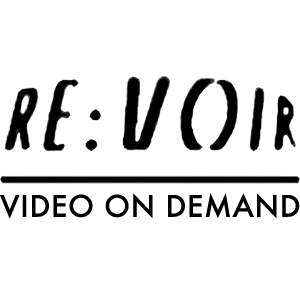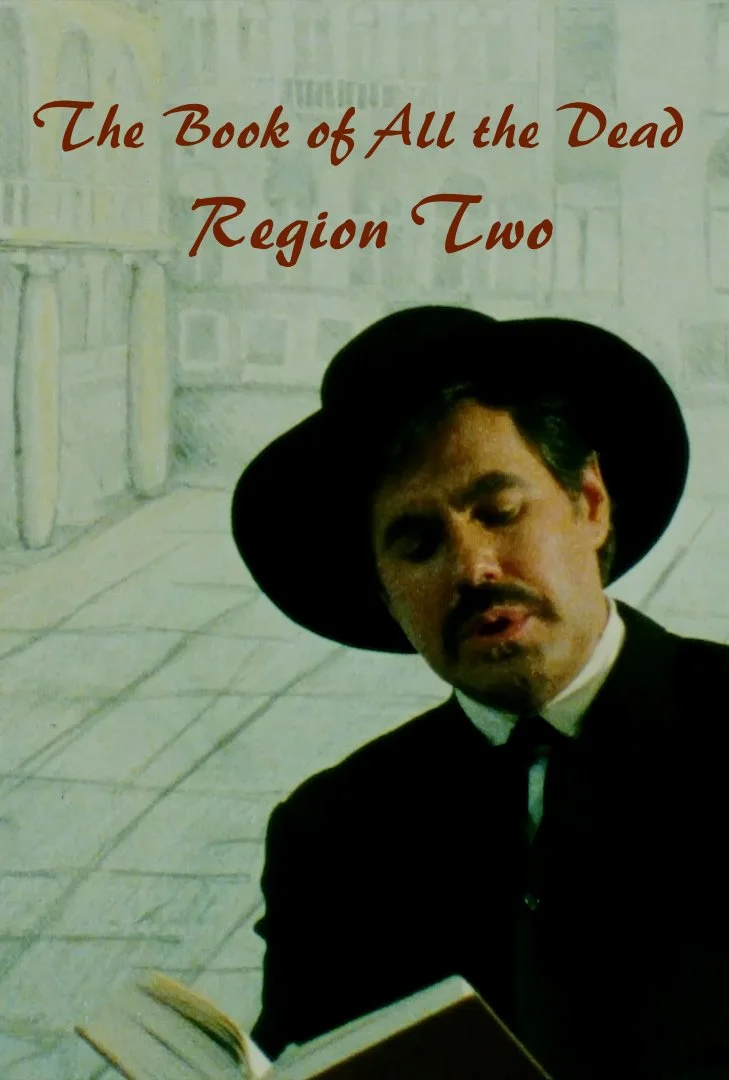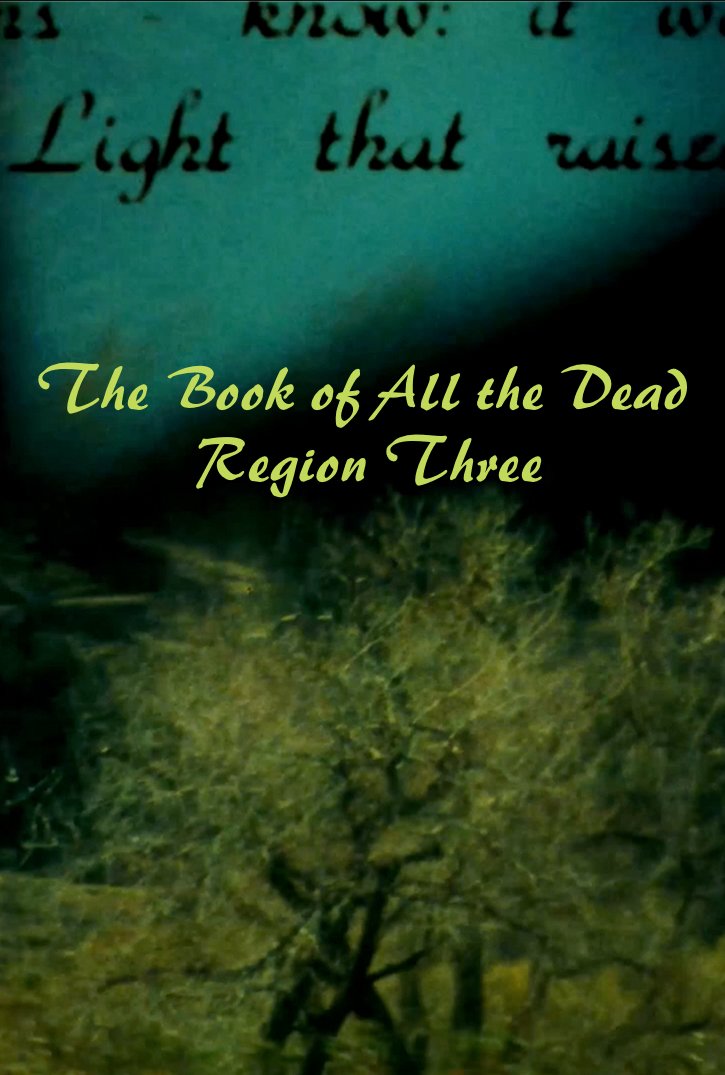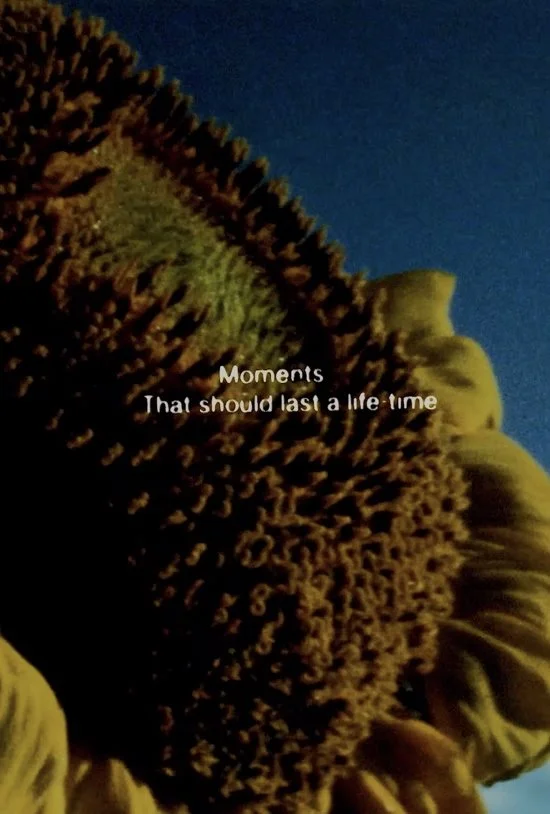R. Bruce Elder - The Book of All the Dead (Region Two)
The Book of All the Dead - R. Bruce Elder
“Gathering films made between 1975 and 1994, the forty-two–hour-long The Book of All the Dead may be the most ambitious work in the medium, an epic of Biblical proportions and structure, in the same league as the towering achievements on which is modelled—Dante’s Divine Comedy, Pound’s Cantos, and Wagner’s Ring. This poetic meditation on modern history from the perspective of its endpoint in technological rationalism aims to wean viewers away from the instrumental rationality enshrined in narrative forms, so as to rekindle more embodied—and therefore more spiritual—modes of awareness of ‘being-in-the-world.’ Elder’s films are therefore designed to frustrate the conceptual mind’s habitual reliance on univocal frameworks, wearing it down to induce instead a willing surrender before a barrage of elements that ‘operate[s] on various scales—from the personal, to the historical, to the philosophical, to the anagogic . . . When such particulars are combined and recombined in shifting juxtapositions, meaning is generated, because such a form encourages people to discover likenesses among dissimilar and unexpected things. (RBE)’ –Christian Roy (for Cinematheque Ontario)
Region Two: Consolations: Love is an Art of Time. (680 min., colour, 1988)
Consolations (Love is an Art of Time) comprises The Fugitive Gods, The Lighted Clearing, and The Body and the World. “For behold, I will create new heavens and a new earth, and the former things shall not be remembered or come into mind. And now, go, write it before them on a tablet, and inscribe it in a book that it may be for the time to come as a witness forever” (Isaiah 5:17, 30:8). This quotation was presented to me as the final paragraph of a review of Lamentations: A Monument to the Dead World. I have read it as bidding me how to complete The Book of All the Dead and so cite it here as a note on Consolations. Consolations is about resentment and its overcoming, that is, about the overcoming of the pastness of the past through grasping its presentness and through a thankful submission to the Wholly Other, since nothing is more obvious than that Hell is to be one’s own. (RBE)
Three films based on reading Dante’s Purgatorio. The traveller emerges from Hell and arrive at a mountain “where the human spirit purges itself to become worthy of Heaven.” The films express the view that that greater love for others is an antidote to the world’s barbarities, that evil may be understood as a sin against love. The landscapes the films depict are forbidding, but the tone of the voice-over and supertitles is one of waiting and hope. (RBE)



